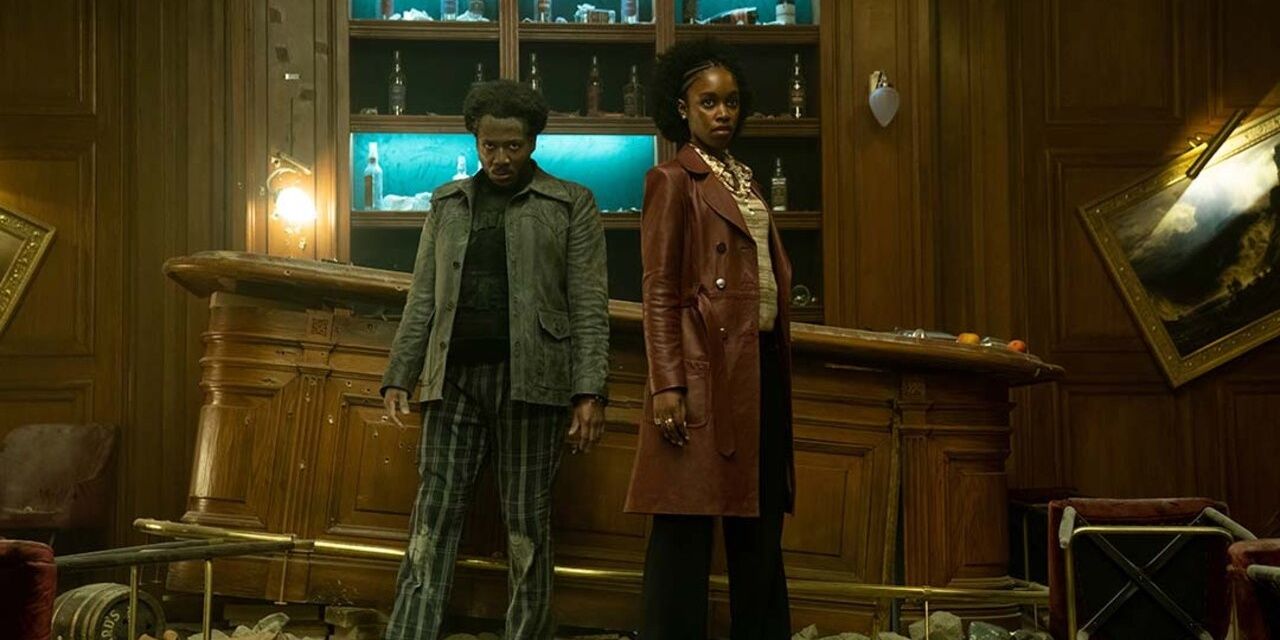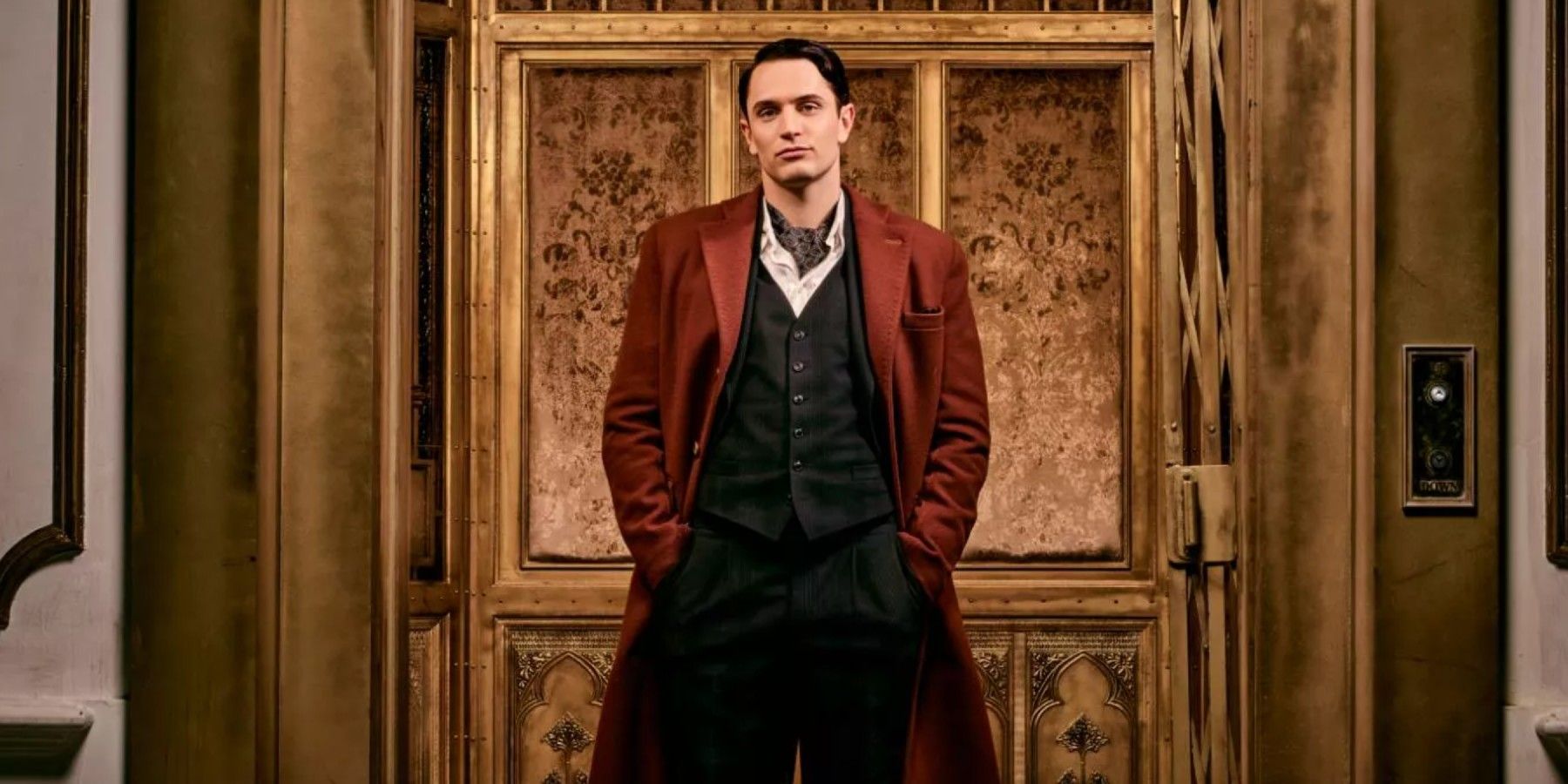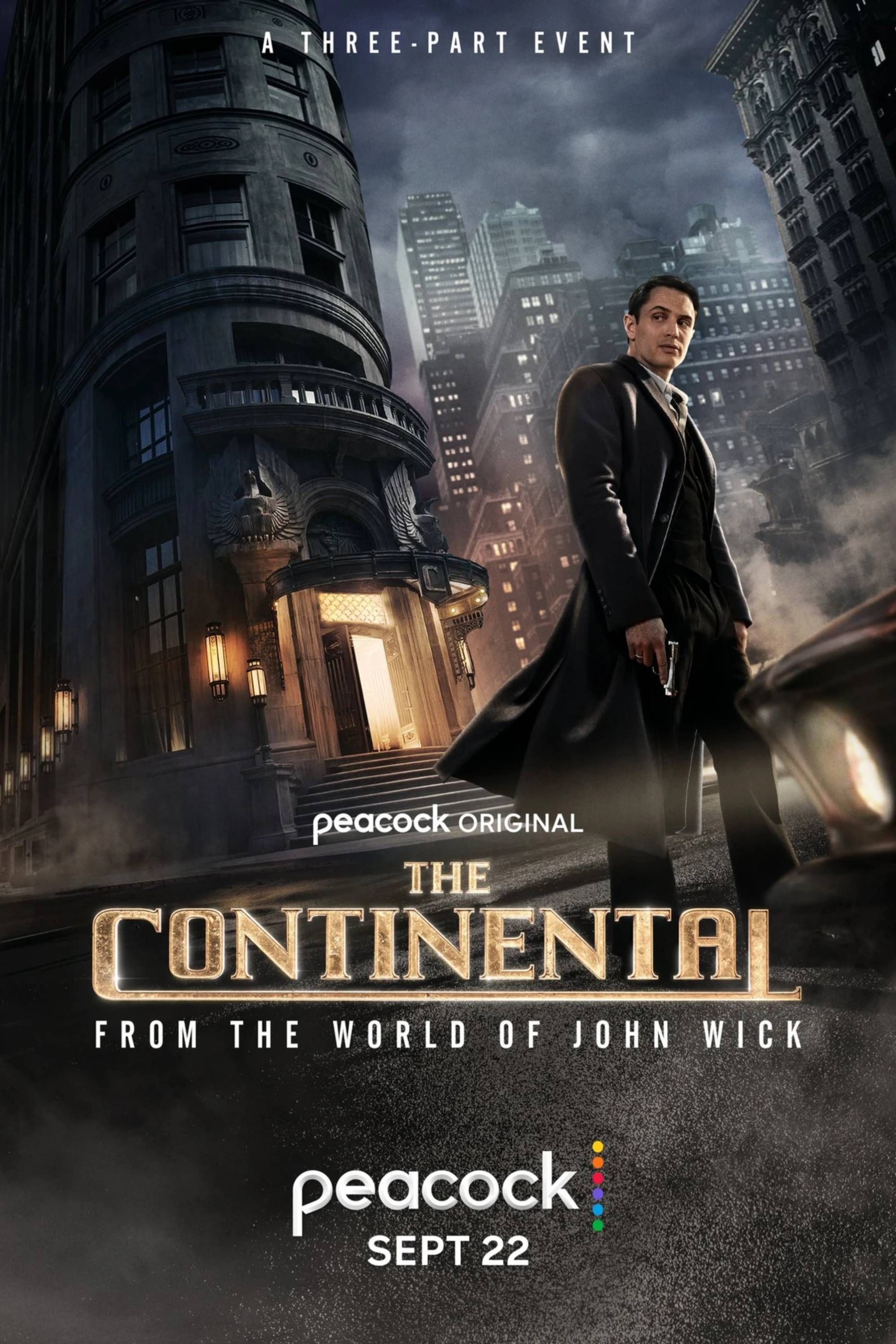
The Continental Chronicles: John Wick's World Episode 3 Unveiled

An explosive review of The Continental: From the World of John Wick Episode 3 that will leave you on the edge of your seat
The Continental is technically classified as a miniseries, but its structure closely resembles that of three full-length films. It bears a striking resemblance to the classic serials that were popular in theaters several decades ago. This format was chosen to ensure a smooth and engaging narrative. The first episode sets up the high stakes, the second episode brings the team together, and the third episode serves as an explosive action-packed climax. Consequently, the final episode stands out as the strongest installment of the trilogy.
Titled "Night 3: Theater of Pain," this episode is brought to the small screen by a team of returning talent. Director Albert Hughes and screenwriters Greg Coolidge, Kirk Ward, and Ken Kristensen have all previously contributed to the series. The development of the series for Lionsgate was a collaborative effort between Coolidge, Ward, and Shawn Simmons, who wrote the first two episodes. The concept of presenting The Continental as an "event series" with a focus on the origin stories of multiple characters, rather than solely on Winston and Charon, was their innovative idea. Although there have been challenges along the way, it is fair to say that this premise represents a significant improvement.
The Continental has reached its pinnacle. After a solid 160-minute build-up, we finally arrive at the crucial 90-minute mark. The entire miniseries hinges on this episode, and fortunately, it delivers. Winston Scott's team boasts an assortment of captivating individuals both in and out of action-packed sequences. With each character equipped with a distinct weapon, fighting style, and visual presentation, the Suicide Squad vibe remains intact. Among the team members, we have a skilled sniper, an explosive demolition expert, a formidable martial artist, an expert with knives, and Winston himself, who assumes the versatile jack-of-all-trades role. On the villain's side, Cormac commands a motley crew armed with an eccentric array of weapons. At times, it resembles a comical fight scene reminiscent of Anchorman, but it's just as entertaining as it is ludicrous. Additionally, there are clever surprises, gratifying payoffs, and even emotionally cathartic moments for nearly every character. While not groundbreaking, "Theater of Pain" is the pivotal point where The Continental truly coalesces, revealing its clear vision.
The Continental showcases a number of captivating extended action sequences, skillfully incorporating John Wick's ability to infuse humor into intense shootouts. Certain scenes in the film series possess a comedic element where a string of unfortunate events unfold, such as John stumbling down stairs multiple times or dispatching his target in an absurdly exaggerated manner utilizing props, causing the audience to both laugh and gasp. The final episode of The Continental successfully incorporates some of these amusing sight gags. Regrettably, the humor in the dialogue falls short and becomes unbearable in this particular installment. It is particularly problematic and worsened by the inclusion of Mel Gibson, an actor who should not be involved in any project. His portrayal involves a painful routine after consuming unidentified substances, giving the impression that he may have improvised a significant portion of his lines. Essentially, he is responsible for playing a caricature of himself, and disappointingly, he fails at it compared to many standup comedians. The series' fans, however, can take solace in knowing how it must conclude, providing them with something to anticipate.
Concerning nearly every aspect of The Continental, it finds itself in a state of uncertainty. The production design budget falls somewhere between that of a typical TV drama and a film. The action scenes, while superior to those in The Rookie, do not live up to the high standard set by the John Wick movies. The characters, although intriguing, are hindered by the uneven pacing, preventing them from being fully explored. An intriguing thematic connection exists between Wick and The Continental, yet this relationship is inadequately portrayed. Wick's story revolves around the perpetual cycle of revenge, as every step he takes into the criminal underworld incites retaliation, forcing him to take further action. Even in death, no one can escape the suffocating web of violence and guilt. The characters in The Continental grasp fragments of this concept, but it is spread too thin to be effective in all cases. Their attempt to maintain symbolic significance is commendable, yet they do not consistently achieve it.
As a complete series, The Continental is primarily a delightful distraction. Those organizing a watch party for the John Wick franchise can confidently opt out of including it. It falls short in its main objective, failing to add depth to the iconic world it originates from. If it was intended as a sample of what could be, it aimed too low. If it was meant to ignite other spin-offs, it is unlikely to sustain the same level of enthusiasm. Consequently, The Continental becomes somewhat of a dead end. It is a component of the franchise that fans may momentarily appreciate but ultimately overlook. TV spin-offs for film franchises are not groundbreaking, and they rarely become the preferred aspect of the intellectual property. The Continental is not essential, a fact that works in its favor. No one needs to watch the series in order to comprehend the plot of the films. It does not reveal any hidden mysteries. It merely presents an enjoyable excursion into a world that bears some resemblance, featuring characters who coincidentally share names. Expectations should not be set too high. It will be an engaging journey that remains true to form.
The Continental falls short of achieving all its goals, but it remains an enjoyable watch nonetheless. While it may be considered the weakest entry in the World of John Wick franchise, as a period action dramedy, it delivers a lot of entertainment. It is advisable to view all three episodes of The Continental in one go, which are currently accessible on Peacock. Give it a try, but manage your expectations.
Episode 3: Winston Scott leads the final assault on the titular hotel to take Cormac down for good.
















